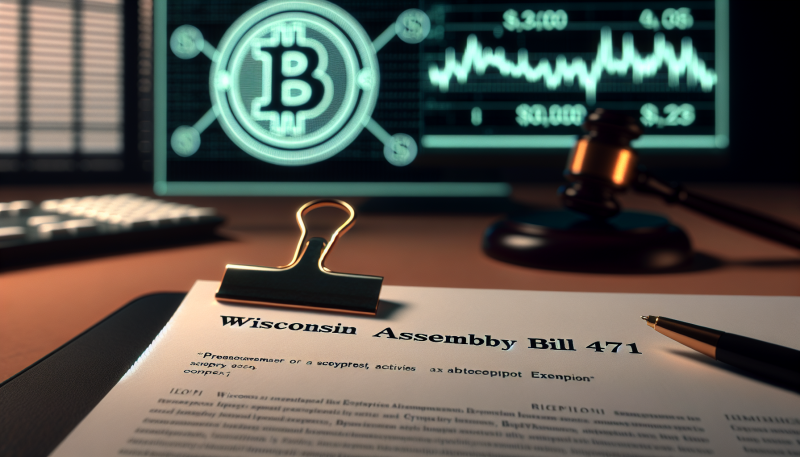What happened?
Wisconsin lawmakers introduced Assembly Bill 471 to carve out exemptions from the state’s money transmitter licensing for crypto activities like mining, staking, software development, and crypto-to-crypto transfers. The bill also explicitly protects users who accept crypto payments, store assets in self-custody, run nodes, and allows certain third-party staking arrangements to avoid being treated as securities. It has been referred to committee and has a modest chance to advance, with Republican sponsors pushing it and some Democrats remaining cautious.
Who does this affect?
This affects miners, stakers, blockchain developers, crypto exchanges that only handle crypto-to-crypto trades, startups, and everyday residents who use or accept cryptocurrencies. Third-party staking providers and platforms that facilitate on-chain transfers would see lower licensing burdens, while banks, regulated custodians, and compliance-heavy firms might face more competition. It also matters to state and federal regulators because the exemptions could change how oversight and enforcement responsibilities play out between Wisconsin’s DFI and agencies like the SEC and FinCEN.
Why does this matter?
If passed, the bill could lower compliance costs and speed up new crypto businesses and services setting up in Wisconsin, potentially driving more innovation and on-chain activity. That could make Wisconsin more competitive with crypto-friendly states like Wyoming and Texas, attract talent and investment, and push other states to adopt similar pro-crypto rules. But the move also raises regulatory uncertainty and AML risks that might spook institutional players and prompt federal pushback, which could limit larger capital inflows despite short-term growth for local startups.
